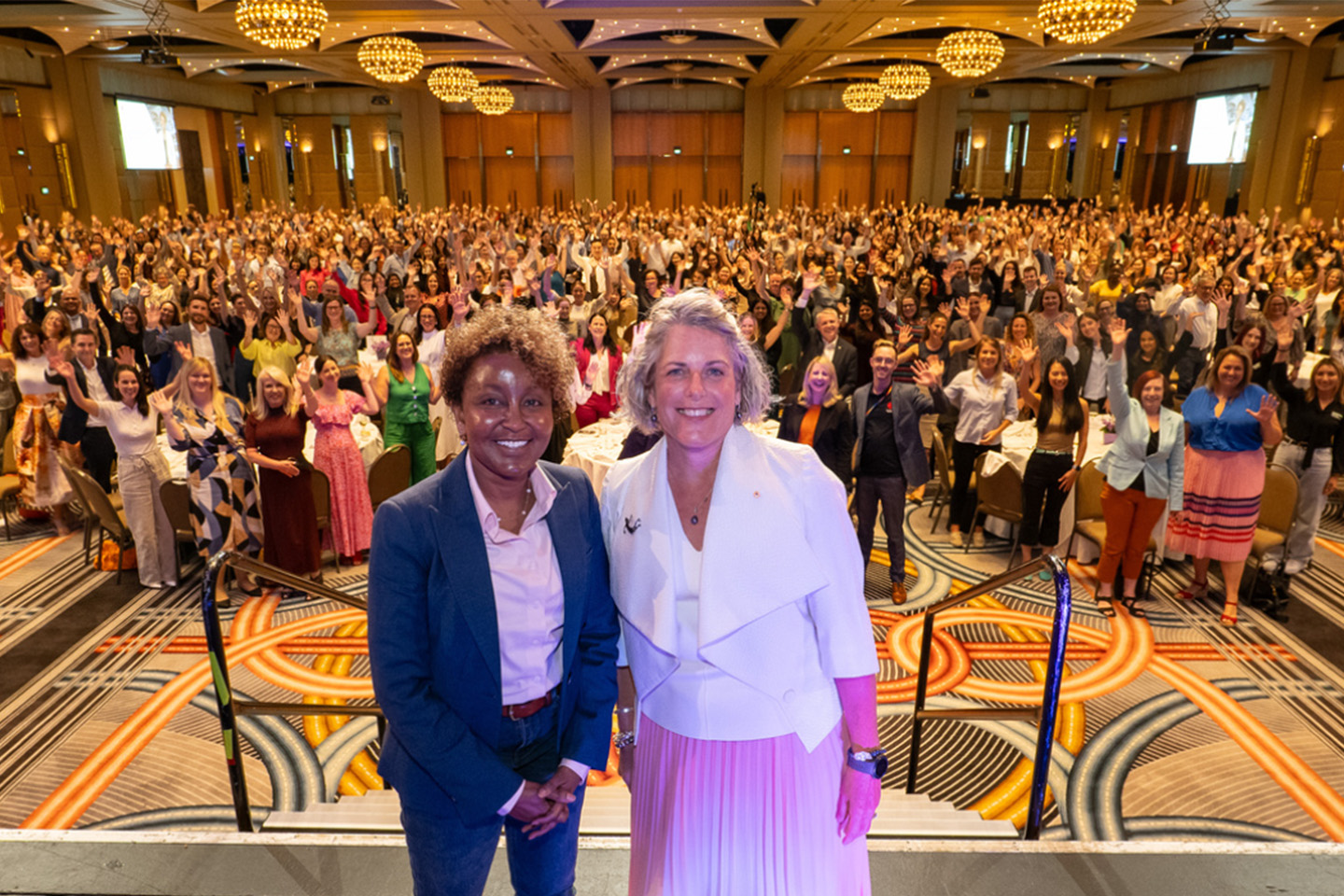At Engineers Australia’s International Women’s Day events in Melbourne and Sydney CEO Romilly Madew AO presented on the state of diversity in engineering.
Here is an edited version of her speech.
Across Australia and the world, women and men are coming together to advocate for change and accelerate progress towards equality.
This year’s International Women’s Day theme – Count her in – calls on us to consider how we can foster greater economic inclusion for women and girls everywhere.
It means creating an economy that works for everyone – regardless of their gender, sexuality, place of birth, family background, age, ability or any other circumstances, over which they have no control.
It means we all have full and equitable access to market opportunities as employees, leaders, consumers and community members.
Increasing women’s economic participation offers enormous benefits at an individual level, an industry level and a macroeconomic level.
STEM jobs are predicted to grow by 14.2 per cent by 2026 – almost twice as fast as non-STEM jobs. We want to see more women share in this opportunity. Currently only 15 per cent of STEM-qualified jobs in Australia are held by women.
And only 16 per cent of qualified engineers in the Australian labour force are women.
The Workplace Gender Equality Agency (WGEA) recently published for the first-time employer gender pay gaps to help push organisational accountability and drive gender pay equality.
Engineers Australia welcomes this move.
It is an important action in the ever-growing movement to advance women’s economic opportunities and outcomes.
Many girls have never thought about engineering as a career as they aren't clear what it involves.
We are working hard, as the national body for engineering, to change this.
I am pleased to share that we are seeing a significant movement in the percentage of women graduating with an engineering degree.
At the University of Sydney, 49 per cent of the cohort graduating with engineering qualifications in 2022 were women, up from 37 per cent in 2016.
The University achieved this by offering scholarships for women, undertaking high school outreach programs by girls for girls, supporting student societies for women in engineering and ensuring graduates have access to high-calibre women lecturers and researchers as role models.
There is a continued task to combat unacknowledged assumptions, biases and feelings of imposter syndrome, which impact women’s economic participation.
Many women with an engineering qualification have told us the system is not set up to support them. Our research has found only 55 per cent of female engineers say they have equal opportunities to men.
As a profession, we must do better, but I want to acknowledge initiatives that are underway to address this.
In Queensland, the Department of Transport and Main Roads (TMR) has been a significant advocate for diversity through its Women in Engineering Program.
TMR offers women engineers a mentoring program, networking events, professional and project placements, internships, a graduate development program and technical training.
Since 2018, TMR has also offered a number of bursaries for women studying engineering through QUT.
Finally, we need to amplify how we are addressing the systemic barriers to workforce participation.
In Australia, almost half of the engineers working in engineering are parents.
Part of this must include providing more support for parents – so that skilled engineers are not forced to choose between parenthood and their career.
Our research has shown that seven in ten (71 per cent) of engineers with children believe flexible working arrangements would have the most positive impact on their career progression.
I want to leave you with the words of Sam Mostyn, Chair of the Australian Government’s Women's Economic Equality Taskforce, who said;
"We have arrived at a moment of consequence where a genuine commitment to respect women, and valuing and nurturing their economic contribution by removing systemic barriers, is vital.”

